WordPress has literally conquered the digital publishing world – Be it blogs or websites; ecommerce portals or travelogues; micro-sites or massive mega-portals; WordPress is the King!
As per 2016 data, 25% of all websites in the world are powered by WordPress; it has successfully grabbed 65% of global Content Management System or CMS and approximately 76 million blogs are powered by WordPress.
Not convinced?
Here are few more mind-boggling stats:
- 130 million+ WordPress themes were downloaded in 2015 alone
- 50,000 new websites powered by WordPress are launched daily
- 19.6 billion views happen on WordPress powered websites, globally
- 409 million+ users have a contact with WordPress, daily, everywhere in the world
- Approximately 30 million media files are uploaded on WordPress powered sites, per day
- As of April 2018, WordPress powers 30% of all websites, and all the top 10 million websites use WordPress
Jump to Section
WordPress & Speed: The Interesting Story
Besides ease of usage and easy interface, WordPress sites are easy to customize and user-friendly to browse through.
Built on the PHP and MySQL, developers and designer, both love it.
However, speed is an issue which can hamper the overall experience of using a WordPress based website.
Due to the nature of coding, and the immense amount of media being uploaded, WordPress websites do tend to become slower, if proper optimization methods are not used.
Speed as a factor is very much relevant in today’s SEO, as Google considers it as one of the most important criteria for ranking on its search engine.
Way back in 2010, Google had announced that site speed will be considered for overall ranking, and ever since then, this has only become more prominent and focussed.
Site loading time, site speed and overall time taken to open every page is considered by Google for monitoring the overall health of a website.
Considering these factors, it has become crucial for the site owner and webmaster to tweak their WordPress settings, and optimize it for faster speed.
Hereby we present 17 7easy, and noob-friendly WordPress tactics, which will make your site load faster, and cruise along superfast, delighting and enchanting your visitors.
Without much ado, here are the tactics to make your WordPress site faster:
1. Hosting
Let’s start from the beginning. Website hosting is the engine of your website, and WordPress is no different. Until and unless the engine is powerful, nothing can make the vehicle (read WordPress site) go fast.
Before choosing your website hosting provider, do complete your research, and find out the reviews. Avoid companies which offer ‘cheap’ hosting, because, in the long run, cheap will ruin your digital business. ‘Unlimited bandwidth’ is another major flag.
Shared hosting is typically slower, but dedicated and cloud-based VPS hosting can be a good option, if your website receives good traffic.
2. Caching
After website hosting, WordPress caching is the most important step and part of speeding up your website. Caching means reusing parts of code, for repeated requests of data. If your WordPress site is not optimized for caching, then these requests of data can take ages. Speed and agility of your website gets affected by this.
There are a number of plugins available, which can improve your website caching, and make your site faster. W3 Total Cache, WP Rocket and WP Super Cache are some of the most renowned plugins for managing caching for your WordPress site.
These plugins are user-friendly, and even a non-technical person can use them. All you need to do is install them, and make some minor settings; backend will manage the rest. Smoothly.
3. Images
Images are an integral part of any blog or website, and often, images slow down the entire machinery. Typically, a blog with say 100 posts will have a minimum of 100 images, and even with 2 MB per image, the server will choke due to the sheer size of all the images.
There are plugins available which can optimize your images, and make them compress in size, thereby saving precious bandwidth, and server resources.
Faster website load time translates into a faster website. And this means that you are doing a good job.
4. Theme
After images and caching, if something is more important for optimizing speed, then it is the theme and plugins.
Your WordPress theme is like the chassis of your vehicle, and the overall speed and momentum of your vehicle or website will depend a lot upon the actual weight of the chassis or the theme.
Newbies, in their enthusiasm for creativity and features often install big, bulky and heavy themes, which affects your server’s bandwidth, and makes it slow.
Before installing the theme, check out the size, and do a comparative analysis of the features vs the size. A lightweight theme is always recommended if your website hosting is shared and not dedicated.
5. Plugins
Plugins are an important, indispensable part of optimizing your WordPress site. Even for speeding up your site, we have recommended plugins.
But what if we say that plugins can themselves overload the servers, and make the website slow? Yes, this is a fact.
Now, the question comes how to optimize your plugins? We will advise you to always check the reviews of the plugins before installing them, and find out plugins which have the right balance of code, and are not heavy.
There are some plugins, which can find out which other plugins are consuming most bandwidth. You are advised to search them, and employ them.
6. Coding
Code form the framework and the inner functionality of any WordPress site. When we say codes, then it means the different parts of the vehicle, which run them.
Codes are the foundation of your WordPress theme, plugin and the framework.
There exist various utility tools and plugins, which can scan the whole WordPress site, and inform you about the factors which can optimize the code.
7. CDN
Content Delivery Network is the wonderful platform, which can help to optimize the speed of your website, and make it fast. Essentially, CDN offloads CSS, Javascript, Images, and Files from your site, and cache them at their own locations.
Now, say your website is hosted in New Delhi, but a visitor arrives from Tokyo. The CDN will immediately use the cache of your CSS, Javascript, Images, and Files located in a geographical location near to Tokyo, and make the site access fast.
CloudCDN is considered as one of the best CDN, which is cheap as well. Based on your need, and location, you can always choose the best CDN.
8. Database
MySQL database stores unnecessary files and caches. Website loads faster without these.
WP Sweep or WP Optimize are plugins for optimizing database of any WordPress. Technical folks can themselves optimize the database via PHPMyAdmin, but it may consume some time.
However, if your WordPress site is relatively new, then there is no point in optimizing the database.
Website receiving more than 1 lakh hit a month? Database optimization can work wonders!
9. Social Shares
‘Eye candy’ plugins like social shares and stuff has the power to influence newbie bloggers. Such fancy plugins not only consume bandwidth, but also makes your site cluttered and can make the user confused.
Understand your targeted audience, and based on their social behavior, include one or at the max two social share plugins.
Moral of the story: Don’t install every social button out there!
10. Homepage Tweaks
There are some WordPress themes, which by default load full blog posts on the homepage. Several bloggers fail to notice this fact, and this makes their blog load slow.
Tweak your homepage accordingly, and make sure that unnecessary elements are not present; and only excerpts of blogs posts are visible, to make the site load faster, and swiftly.
11. Comments Tweaks
Comments are the bridge between the reader and the blogger, and comments help to create a communication channel. However, spammers too love comments, and within hours of establishing your new blog, you will find tons of spam comments.
Removing these spam comments may take ages, and consume a lot of bandwidth thereby making your site slower.
Plugins like Akismet helps to stop spam comments. Anti-spam plugins can help you in this regard.
12. Content Tweaks
Make your website faster with some basic content tweaks. For example, if you have long form content for more than 1000 words in a single post, then you can paginate it.
You can use <!––nextpage––> option available in the main post window, to paginate your longform content, easily.
13. Video Hosting
Avoid uploading videos directly on your site.
Direct uploading of videos consumes a lot of bandwidth, which slows down your website.
Use third-party video hosting sites, and then embed that video via iFrames on your site. Youtube, Vimeo, DailyMotion and other such video hosting site would be glad to host your videos, and it is a win-win situation for everyone.
14. Avoid Pingbacks & Trackbacks
Turn off pingbacks and trackbacks. WordPress automatically turns this option on, which is by default.
Whenever another site links back to your site, pingback and trackback options pings you, and notifies you regarding the linkback.
Tracking such pingbacks consume your time. And your web hosting’s bandwidth as well.
Our advice: Therefore, avoid it.
Turn it on, only if you are doing some hardcore SEO. But then, you will have to purchase a website hosting with more power.
15. Avoid Hotlinking
Hotlinking is when another site uses your media files to save their own server bandwidth. A slower website is a direct outcome of this.
Here is the code which you can use to stop Hotlinking, easily.
In order to make your site faster, all you need to do is, add this code to your .htaccess file. Rather ask an expert.
Alert: This is not for non-technical folks. Please consult a developer before adding or editing any code on your WordPress! A simple error like a full stop can crash your whole website. As a result, proceed with caution here.
16. Use Expires Header
Whenever a new visitor enters your site, that visitor’s browser (say Chrome) will download the files from your website, and store in the cache.
Now, next time when he visits (say after 10 days), then there can be two things:
- Most probably browser will once again download the files
- Most probably browser will use the existing files
In addition by increasing Expires Header, you can make sure that the browser of the visitor doesn’t need to download the files again and again, thereby saving your server time. There, this translates to better site speed.
There are plugins and code which you can use to increase the server time, easily.
17. Routine Maintenance
And lastly, routine maintenance is very crucial for the smooth functioning of your website – Not only it will ensure that the site loads faster, it will also make sure that there are no issues with its functioning.
Update your theme, plugins, database on a regular basis.
Keep on checking newer plugins, which are getting more downloads, and replace them with the ones which are not getting many positive reviews.
In conclusion, tweak your content, keep adding new blogs, and be creative!
This way, your WordPress blog will be always fast, and smooth.
- What Is Big Data Visualization? - January 22, 2021
- Five Benefits of Big Data Analytics for E-commerce - July 9, 2020
- Google Data Studio Vs. Tableau: Which One is More Suitable for Your Business? - June 25, 2020

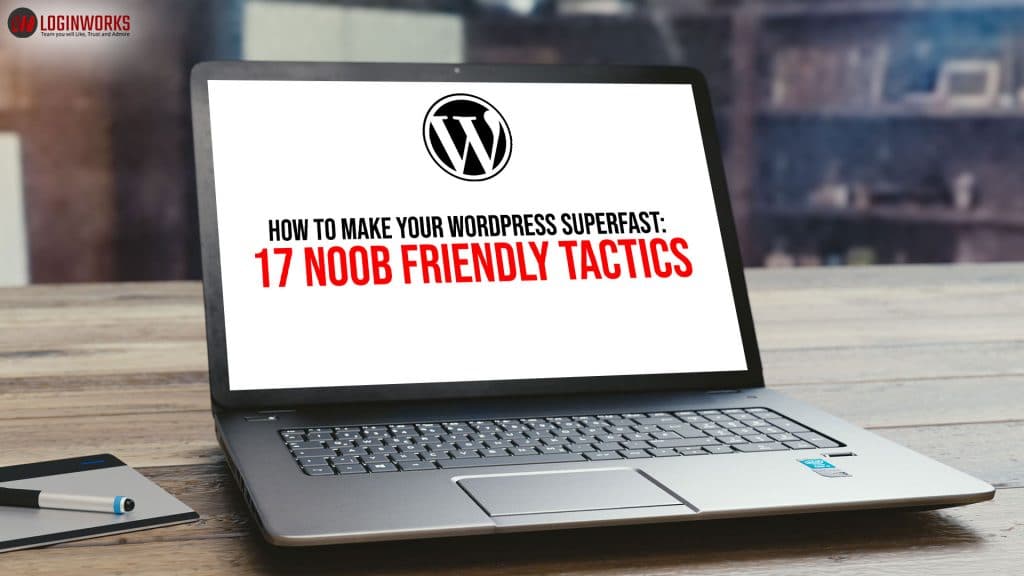
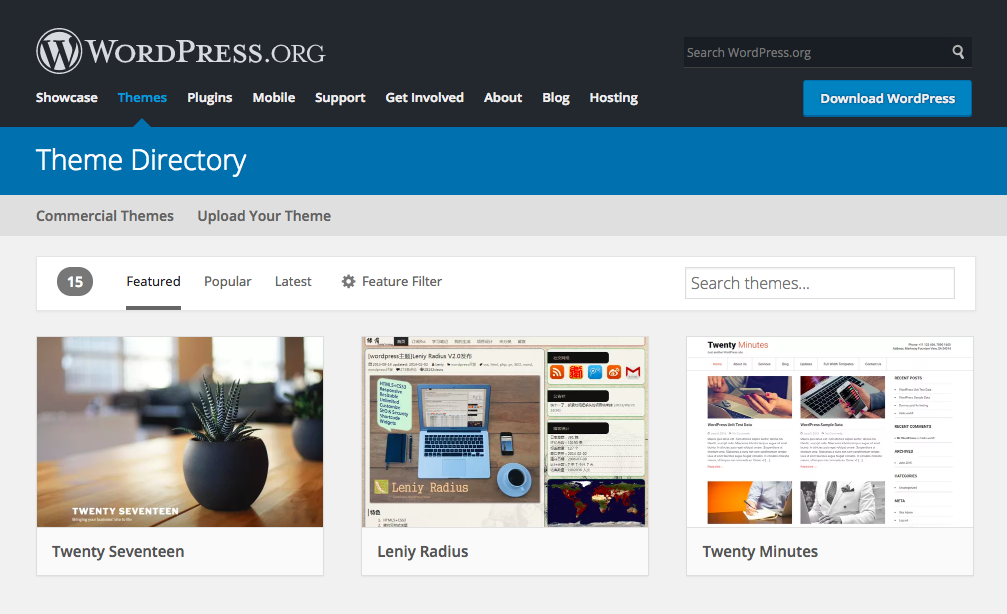

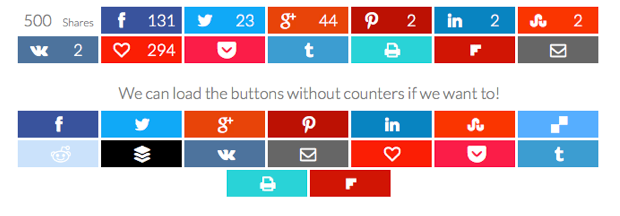
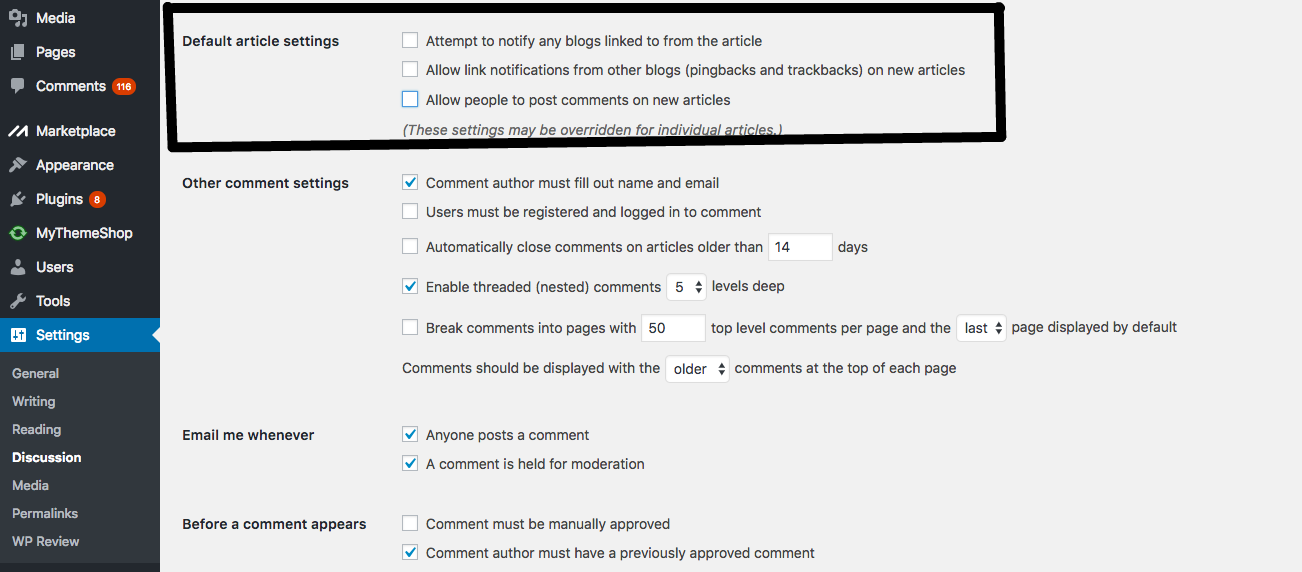

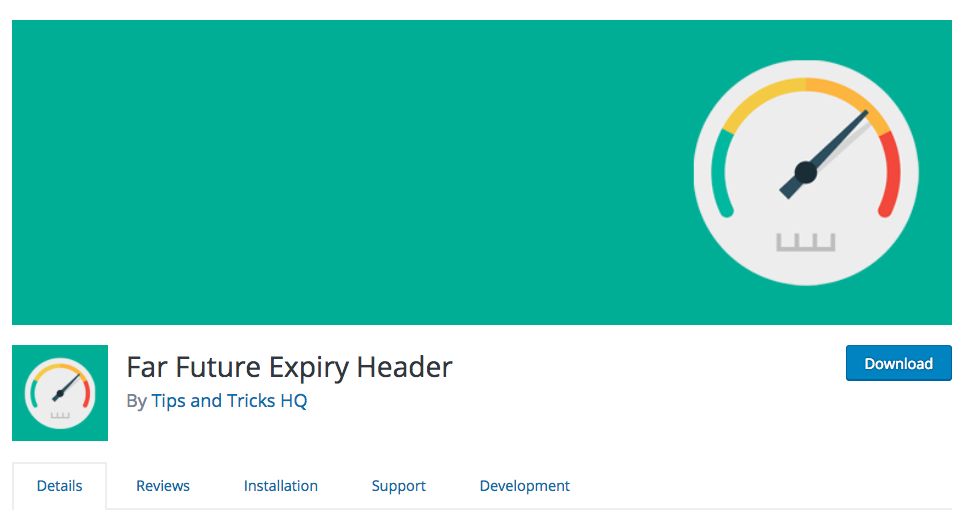
Thanks for sharing amazing guide on word-press. loving your writing style and the content you are delivering. found the very informative blog.